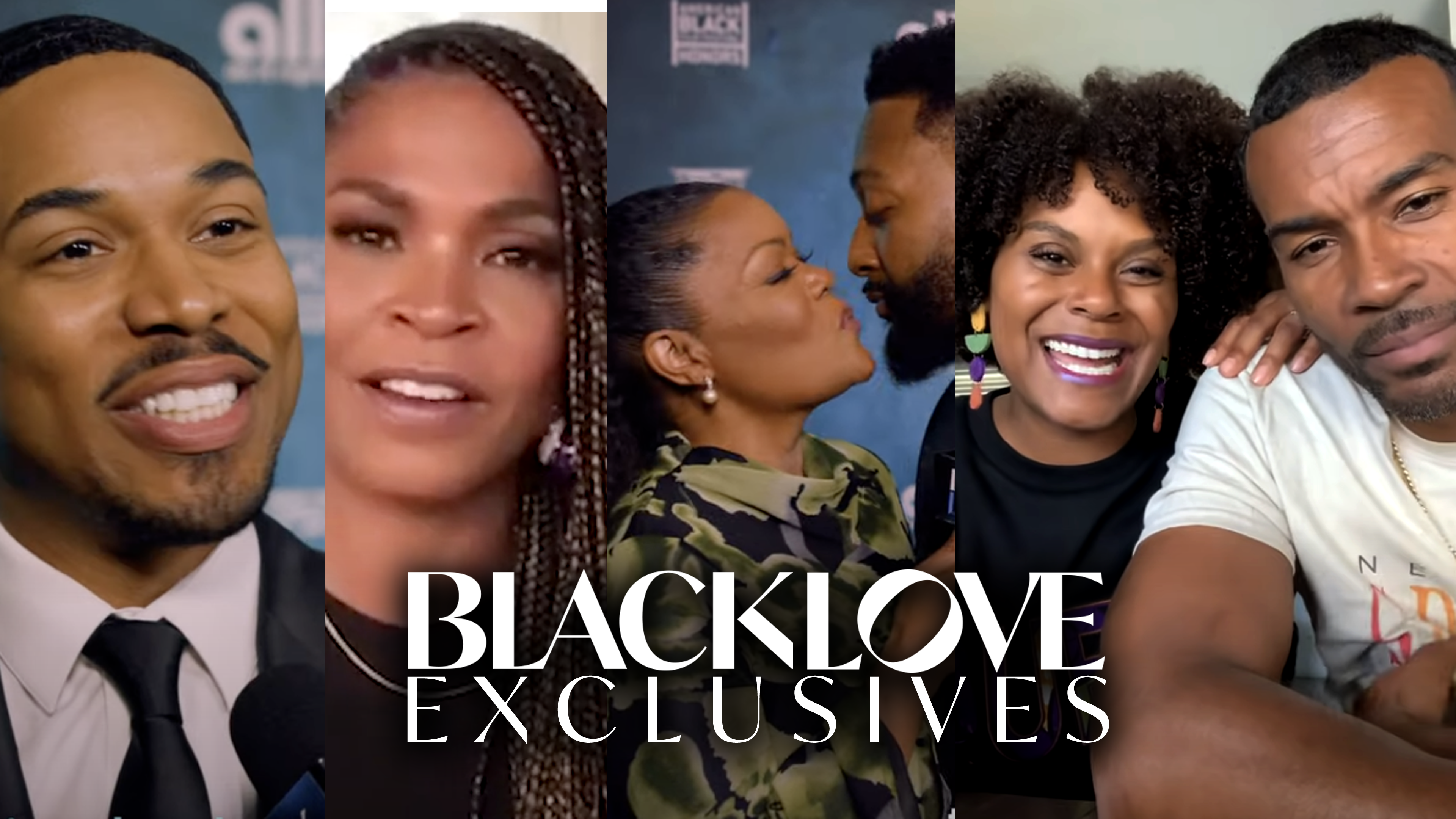
S1:E How These ‘Black Love’ Couples Emerged From Darkness
“Black Love” couples show that open and honest communication isn’t the only thing needed to get through hard times.
Black Love Exclusives
48 EPISODES
Black Love conducts various interviews with celebrities and notable Black folks captured by social media.
EPISODES
SEASON 1
EPISODES
SEASON 1
season 1
Congrats to our girl Cristina Martinez on her partnership with Nordstrom to create an exclusive collection. We love amplifying our artists who are intersecting art and family in beautiful ways, and Cristina is no exception ✨
Personally and professionally, The Olivers and Black Love Inc. are committed to uplifting the Black community from the inside out. That means centering and celebrating our stories so that we, as Black people, recognize our greatness and we appreciate brands like Target who consciously work to do the same. And founders Tommy & Codie Elaine Oliver began their Black Love Inc journey alongside their personal Black love journey - getting engaged, then married, and becoming parents. When given an opportunity to sit on the couch and share their journey with the Black Love family, the Olivers were thrilled to do so while highlighting some of the Black-owned brands and products they use every day as a family, all of which can be found at Target.
We asked people to reflect on WHO was a gift to them this year 🎁🎄 You'd be surprised by some of their responses.
The holiday season is HERE and there’s no better time to start picking out thoughtful gifts that celebrate Black culture, creativity, and community! Whether you're shopping for tech lovers, fashionistas, art aficionados, or wine enthusiasts, this list has you covered with amazing products from Black-owned brands, alongside cell phones from Cricket Wireless - so you can make the holiday season extra joyous, without breaking the bank.
We're Visiting Christmas Tree Nurseries to Surprise a few Folks! | Merry Christmas from Black Love
Grief is a complex and personal experience that looks very different for all of us. How it feels, when it starts, how long it lasts - it all varies from person to person. Ray sat down with us to discuss his experience after losing his beloved wife of 4 years, Roslyn, who left behind such a positive legacy. One of the ways Ray was able to cope with everything was keeping her positive mindset alive - continuing to trust in God, being grateful for the time they had together, and remembering that her smile which was so bright while she was here, is still shining bright up in heaven 🙌🏾
We Asked People To Call One Person and Say "I Love You"
We caught up with larenztate TomasinaTate at this year ABFF Honors to talk about community family and celebrating Black Love ABFFHonors
Regina King tells Black Love exclusively that filming Shirley taught her how to be resilient and how much further family could extend
A Black Love Holiday 2020
The trailer for 40 Years A Prisoner is here Codie Elaine Oliver sat down with her husband producer and director Tommy Oliver to discuss the new film coming to HBO Max on Dec 8th 2020
Black Love Doc CoCreators Codie Elaine Oliver and director Tommy Oliver share a few cute trivia facts Be sure to watch Tommys new film 40 Years A Prisoner on HBO Max on Dec 8th 2020
BlackLoveDocs special shines a light on the tragic realities of COVID19 While we may be getting used to this Coronavirus world let us not make the lethal mistake of thinking that COVID19 isnt still a real and present danger to ourselves and our loved ones
Sometimes as parents we get so wrapped up with what our children need that we start to neglect the needs of our significant other and even ourselves Lets Talk How do you balance meeting your kids needs and meeting your spouses needs
Black Love Creators Codie and Tommy Oliver answer your questions about Black Love on OWN Watch to hear all the tea on BlackLoveDoc Black entrepreneurship marriage family and why Tommy disappeared from After Love What questions do you have for our BlackLove creators
Grammyaward winner singersongwriter India Arie shares her favorite Black Love Doc moments from past seasons Some of her favorite moments include Emmywinner Sterling K Brown and his wife fellow actress Ryan Michelle Bathe Viola Davis and Julius Tennon and Tamia and Grant Hill
NBA star Glen Robinson III shooting guard for the Philadelphia 76ers talks about the effects of COVID19 allowing him more quality time with his daughter off the court
Dr Arabia shares tips and safety advice concerning the Covid19 pandemic
Black Love recently sat down with singer Omarion to discuss the power of fatherhood and how he redeveloped his relationship with his father as an adult He shares his experience of selfcare during quarantine raising his children to practice selflove and finding his purpose With the many challenges that parents face Omarion tells us how fatherhood actually opened him up to so many new things
Black Love sat down with actress Nia Long star of Netflixs new movie Fatal Affair to discuss diversity in Hollywood Watch the interview to hear her take on communication in relationships black men onscreen and how she supports other famous black actresses




